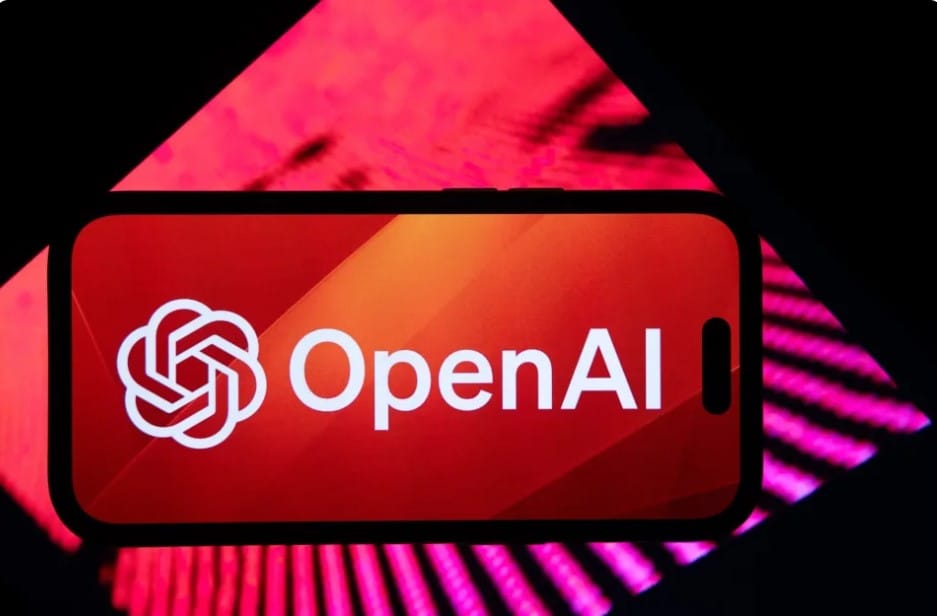OpenAI will now let anyone add Voice Assistant to their apps

Less than a week ago, Techloy reported on OpenAI’s rollout of Advanced Voice Mode to all ChatGPT Plus users. Now, the company is building on that foundation by enabling businesses and developers to integrate its real-time voice assistant into their own applications through its API, available starting Tuesday.
This expansion, according to OpenAI, aims to give companies the tools to create interactive AI experiences that can handle complex conversations and even place calls on a user’s behalf.
During a recent developer event in San Francisco—the first of three planned across different cities—OpenAI showcased the feature by using a fictional travel app that made a call to place an order for strawberries, demonstrating its real-time capabilities.

Early adopters like Healthify and Speak have even already begun testing the feature for health coaching and language learning, respectively, showing how the voice assistant can be adapted for various use cases.
Moreover, the rollout comes at a crucial time for OpenAI, which is facing an increasingly competitive AI space. Rivals like Google’s Gemini and Meta’s AI tools have been making strides in the voice assistant space with Meta, in particular, incorporating celebrity-inspired voices. Even Microsoft's Copilot just added a new Voice feature.

What differentiates OpenAI’s offering, though, is its focus on customizable, real-time integration, giving businesses more flexibility in how they deploy voice interactions within their apps.
However, the expansion hasn’t been without challenges. Earlier this year, OpenAI delayed the launch of the real-time voice assistant feature to resolve safety issues and implement filters to prevent the AI from generating copyrighted audio.
Now, there are still ethical considerations around transparency, as OpenAI says it's leaving it up to developers to decide how to disclose the presence of AI, raising questions about user awareness.
With over 3 million developers already using OpenAI’s tools, this API update could see wide adoption. The company, however, has faced internal challenges, such as recent leadership changes, signalling a period of transition even as it aims to push the boundaries of what its AI can do.

